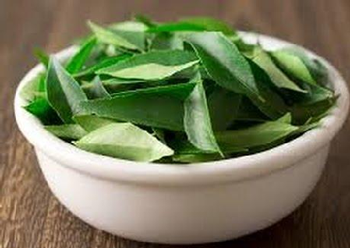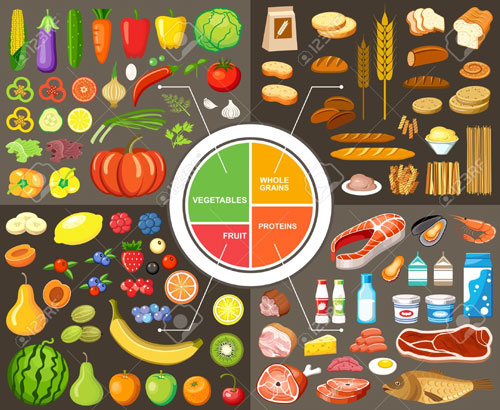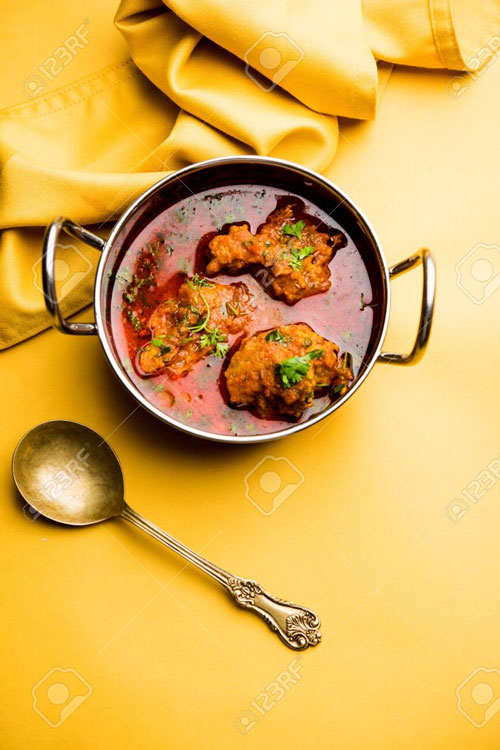So, everyone says that curry leaves are good for you and lots of media report multiple health benefits but is this information reliable? How many do you have to consume to see the benefits and does cooking destroy these benefits? Keep reading to find out…
Proposed benefits of curry leaves
- Reduce hair loss and greying
- Weight loss
- Reduces cholesterol
- Helps manage diabetes
- Digestive benefits such as stimulating digestive enzymes, improving digestion and supports bowel movements
- Helps travel sickness and nausea
- Boosts eyesight
The common ways of using curry leaves are in cooking, making tea or chewing them raw.

So how much evidence is there for each of the benefits of eating Curry leaves?
Four of the benefits are all linked to curry leaves being full of antioxidants (if you would like to find out more about antioxidants please click this link). The antioxidant benefits of a curry leaf is attributed to high levels of vitamins A, C and E and the mahanimbine, murrayanol and mahanine concentrations in the leaf.
Do Curry leaves reduce hair loss and greying?
New research is being done into the effect oxidative stress has on increased greying of hair and decrease in hair production. As we know antioxidants protect the body from oxidative stress.
Therefore, these new insights could lead to new opportunities to reverse the greying process and age dependent hair loss.
Do Curry leaves help in weight loss?
Research studies show that mahanimbine, murrayanol and mahanine are all carbazole alkaloids present in the leaf which have antioxidant effects. In one non-human study mahanimbine prevented hyperlipidaemia (high levels of cholesterol or triglycerides in your blood) and fat accumulation in adipose tissue and the liver due to a high fat diet. In addition, mahanimbine lowered the absorption of dietary fat.
The study concluded ‘daily consumption of mahanimbine and thereby curry leaves may alleviate development of high fat diet induced metabolic alterations’.
Does eating Curry leaves reduce cholesterol ?
- In the majority of research, intake of antioxidants has been linked to hypocholesterolaemia (low cholesterol) effects. In some studies ingestion of curry leaves improved the plasma lipid profile (the amount of cholesterol and fats in the blood), the better these levels the lower your risk of cardiovascular diseases.
- However, a recent study published in the Journal of Clinical investigation contradicted this claim. It is very important to speak to your doctor if you are on a medicine for high cholesterol and there is a possibility of antioxidants interfering with the effect of the medicine.
- Never stop your cholesterol medicine without consulting your doctor.
Do Curry leaves help manage diabetes?
- Some research showed ingestion of curry leaves improved the glycaemic status (keeping blood sugar even has been shown to influence weight).
- Furthermore, mahanimbine (found in high levels in curry leaves) intake improved glucose clearance and upregulated the expression of insulin responsive genes in liver and adipose tissue. Meaning that your blood sugar will return to normal faster and you will experience a lower spike in blood glucose levels.
Do Curry leaves help travel sickness and nausea?
There is little to no research regarding this, however methods to help people overcome nausea are very personal and if it works for you then that’s great!
Do make sure to always consult with your doctor especially if pregnant before making any large diet changes.
Do Curry leaves boost eyesight?
- Curry leaves are a good source of vitamin A.
- Firstly, it is important to note a healthy balanced diet will provide enough vitamin A without supplements. Vitamin A or retinol is important for growth and development, cell recognition, vision, immune function, and reproduction. Vitamin A deficiency can lead to night blindness
- Pregnant women should not consume more than the recommended levels of Vitamin A as this has been linked with foetal deformities.
Stimulate the production of digestive enzymes, improves digestion, Supports bowel movements
- Very limited research has been completed on this and there is little to no agreement on the effects of ingesting curry leaves on digestive health.
Other potential benefits
- In some studies curry leaves have been suggested to be a good source of proteasome inhibitors that can lead to cell cancer death.
- In other studies, the evidence suggests that extract from curry leaves acts as an anti-inflammatory agent.
How to consume Curry leaves for health benefit?
There was very limited research into how best to consume the curry leaves and in what quantities as in most studies the leaves were prepared to extract the desired compound for testing. However, heat can destroy antioxidants and as the majority of the benefits of consuming curry leaves come from the high antioxidant levels, I would suggest consuming them raw or cooking them for a minimal amount of time. Some studies did show benefits from consuming the leaves after they had been dried.
How many Curry leaves to consume for any benefit?
Again, there was limited research into this, however regular consumption would most likely lead to the best benefits.
Conclusion
Although there are some promising studies on the positive effects of curry leaves, there is a lack of large-scale human studies. However, there is much more promising research on the effects of a diet high in antioxidants. With curry leaves being naturally high in antioxidants it may just be that not enough research has been completed. Therefore, I would rate this claim as unsubstantiated, but do conclude that unless eaten in excessive amounts they would have no negative side effects (if you are pregnant please consult your doctor before consuming large amounts of curry leaves).
If you don’t like curry leaves or don’t tend to have them in your home, then some alternatives to consume are blueberries, dark green vegetables and dried amla (Indian gooseberry).
Studies discussed in the article
Murraya koenigii leaf extract inhibits proteasome activity and induces cell death in breast cancer cells.
Noolu B1, Ajumeera R, Chauhan A, Nagalla B, Manchala R, Ismail A.
Link- https://www.ncbi.nlm.nih.gov/pubmed/23302496
Leaves extract of murraya koenigii linn for anti-inflammatory and analgesic activity in animal models.
Gupta S1, George M, Singhal M, Sharma GN, Garg V
Link- https://www.ncbi.nlm.nih.gov/pubmed/22247833
A comparative study on the antioxidant activity of commonly used South asian herbs.
Waisundara V1, Yian Hoon L1.
Link- https://www.ncbi.nlm.nih.gov/pubmed/24716187
Protective effect of antioxidant rich aqueous curry leaf (Murraya koenigii) extract against gastro-toxic effects of piroxicam in male Wistar rats
Syed Benazir Firdaus a, Debosree Ghosha, Aindrila Chattyopadhyay b, Mousumi Duttaa,b, Sudeshna Paul a,b, Jagannath Janac, Anjali Basua, Gargi Bosea, Hiya Lahiri a, Bhaswati Banerjee d, Sanjib Pattari e, Subhrangshu Chatterjeec, Kuladip Jana d, Debasish Bandyopadhyay
Link- https://www.ncbi.nlm.nih.gov/pmc/articles/PMC5598401/
Oxidative Stress in Ageing of Hair
Ralph M Trüeb
https://www.ncbi.nlm.nih.gov/pmc/articles/PMC2929555/#sec1-11title
Effect of mahanimbine, an alkaloid from curry leaves, on high-fat diet-induced adiposity, insulin resistance, and inflammatory alterations.
Jagtap S1, Khare P2, Mangal P1, Kondepudi KK2, Bishnoi M2, Bhutani KK1.


